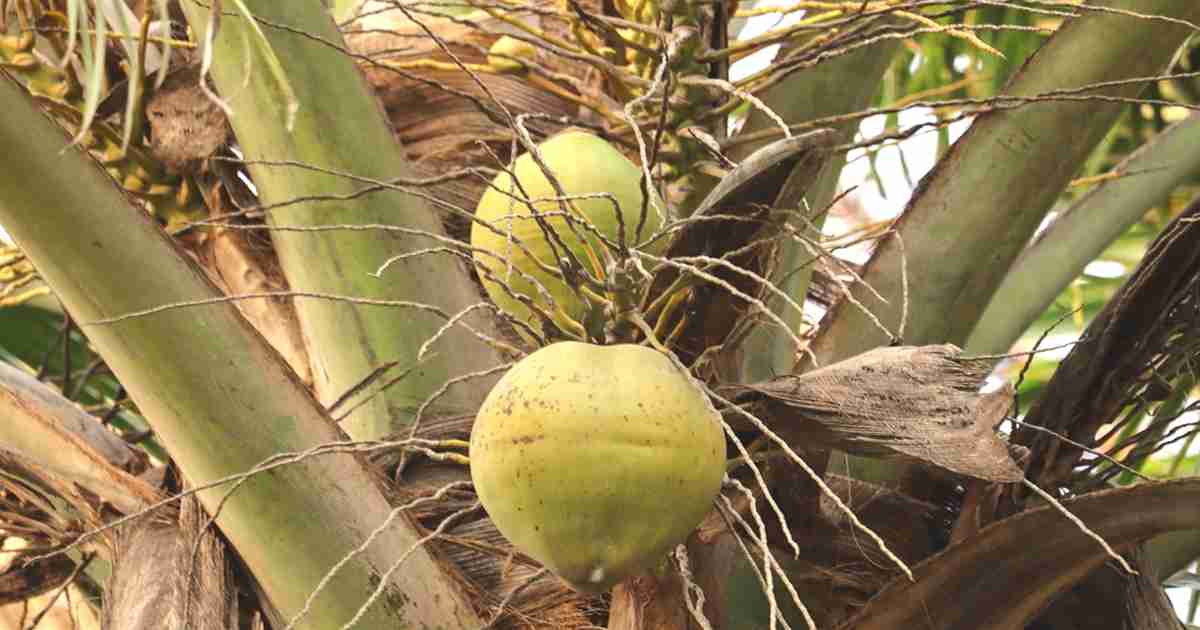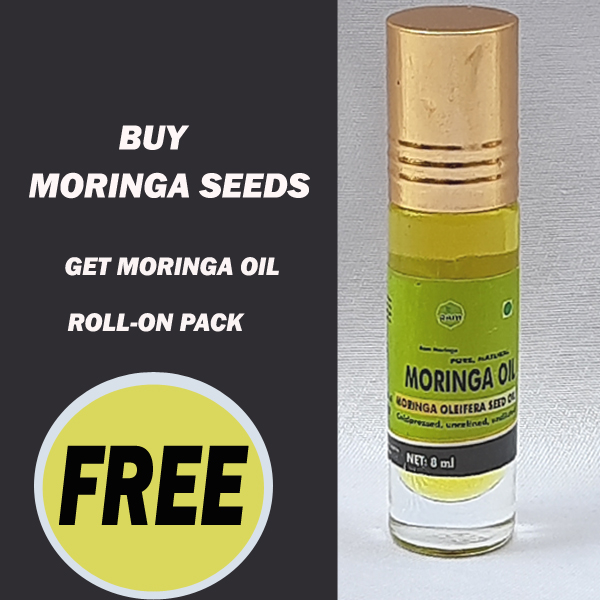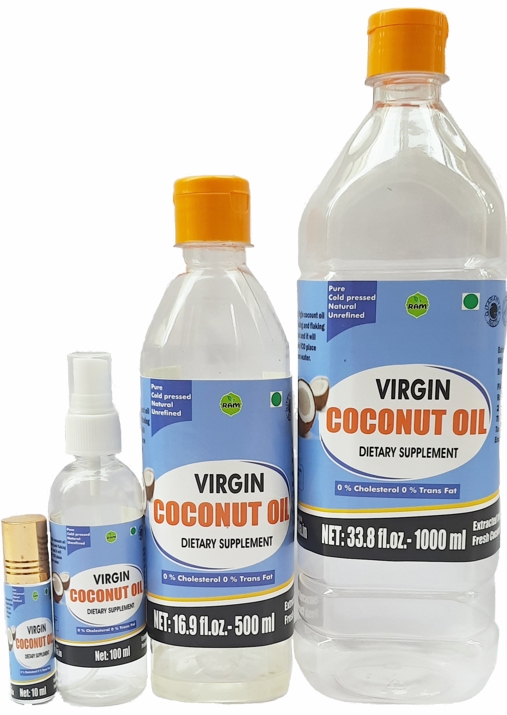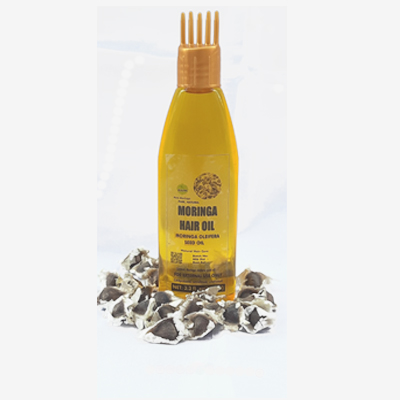Coconut Products

Coconut in the country dates back to Ramayana period of time(dated to around 500 BCE to 100 BCE._. In the Valmiki Ramayana, there are some references of coconut in the Kishkindha Kanda and Aranya Kanda. It is reported that Ramayana was written by Valmiki sometimes in 3rd Century BC. It is believed that coconut was introduced in India during the post-Vedic period of time.(corresponding to 1000 BC to 600 BC)
Marco Polo, the famous Arab traveler who visited India in the 13th Century called coconut “Indian Nut” and the logic for such a reference needs investigation by historians. Shri. P. K. Balakrishnan, a Kerala historian argues that organised coconut cultivation started in Kerala only after the arrival of the Portugese.
Coconut oil: Derived from the meat of mature coconuts, is a powerhouse of health benefits. Its high smoke point makes it ideal for cooking, baking, and frying. Coconut oil contains medium-chain triglycerides (MCTs), which are easily digested and serve as a quick source of energy. Additionally, cocount oil is rich in lauric acid, known for its antimicrobial properties, which can support immune health. Whether used in stir-fries, baked goods, or as a substitute for butter, coconut oil adds a unique flavor and aroma to dishes.The coconut palm is a palm tree in the family Arecaceae (palm family). It is a large palm, growing to 30 m tall. It has leaves that are 4–6 m long.
Virgin Cocount oil Virgin coconut oil, extracted from fresh coconut meat without undergoing any chemical processing, has gained significant popularity in recent years. With its unique composition and numerous health benefits, this natural oil has become a staple in many households. In this article, we will explore the remarkable properties and diverse applications of virgin coconut oil.
Coconut Water: Coconut water, found inside young, green coconuts, has gained recognition as a natural and refreshing beverage. Low in calories and packed with electrolytes, it serves as an excellent hydrating option. Coconut water is a natural source of potassium, magnesium, and calcium, essential for maintaining proper fluid balance and supporting muscle function. Athletes and fitness enthusiasts often choose coconut water as a healthier alternative to sugary sports drinks.
Coconut Milk: Coconut milk, created by blending coconut meat with water, is widely used in various cuisines worldwide. Its creamy and dairy-free nature makes it a popular choice for vegan and lactose-intolerant individuals. Coconut milk lends a rich and velvety texture to curries, soups, desserts, and even beverages. It adds a delightful tropical essence to dishes and serves as a base for many exotic culinary creations.
Coconut Sugar: Coconut sugar, derived from the sap of coconut palm flowers, is a natural sweetener that offers an alternative to refined sugar. It has a lower glycemic index and contains trace amounts of nutrients such as iron, zinc, and potassium. With its caramel-like flavor, coconut sugar can be used as a replacement in baking, coffee, tea, and other sweet treats.
Coconut pits, also known as coconut shells, have untapped potential and can be transformed into useful and sustainable products.
Natural Gardening and Landscaping: Crushed or ground coconut pits make an excellent addition to gardening and landscaping practices. They can be used as mulch to retain moisture, control weed growth, and enhance soil fertility. Coconut pits also provide insulation for plants during extreme temperatures, protecting them from the scorching sun or chilly winters. Using coconut pits in gardening not only reduces waste but also promotes a healthier and more sustainable organic approach to cultivating plants.
Sustainable Fuel Source: Coconut pits have been utilized as a renewable and eco-friendly fuel source in some regions. When processed into briquettes or charcoal, coconut pits can be used for cooking and heating purposes. This reduces the reliance on traditional fuel sources like wood or fossil fuels, leading to a decrease in deforestation and carbon emissions.
Following are range of Natural Indian Coir products.
Coir Fibre
Bristle-Fibre
Retted-Fibre
Unretted-Fibre
Coir Yarn
Bobbins
Coir Mats & Creel Mats
Basket-Weave
Beach Creel Mats
Powerloom Creel Mats
Vycome Creel Mats
Coir Mats-Fibre Mats
Fibre-Mats
Fibre Mats
Coir Mats- Rod Mats,Corridor Mats, Carnatic Mats
Rod-MatsRod Mats
Corridor-MatsRod Mats
Carnatic Mats
Coir Mats - Loop Mats,Mesh Mats, Sinnet Mats
Mesh-Mats Sinnet-Mats
Coir Mats - Gymnasia Mats, Matting Mats, Rope Mats
Matting mats
Gymnasia Mats
Matting-Mats
Rope Mats
Coir Mattings
Four-Treadle-Weave
Basket-Weave
Coir Mattings - Ribbed Matting, Multishaft matting, Cricket Pitch matting
Ribbed-Matting
Cricket-Pitch-Matting
Multi-Shaft-Matting
Matting Rugs
Non Woven Mats
PVC-Tufted-Mats-with-flocki
Moulded-Mats
Coir Geo-Textiles
Erosion-Control-Blankets
Mesh-Matting-(Coir-Geotexti
Coco-Logs
Coir Pith
Coir-Pith-Block
Coir-Pith-Brick
Plant-Basket
Plant-pot
Curled Coir
Needled Felt
Hand Knotted Netting
Hand Knotted Netting
Coir Ply Articles
Coir-Ship-Fenders
Coir Braid
Coir Rope
Coir Rope
Coir Tea Leaf bags
Coir Brushes



